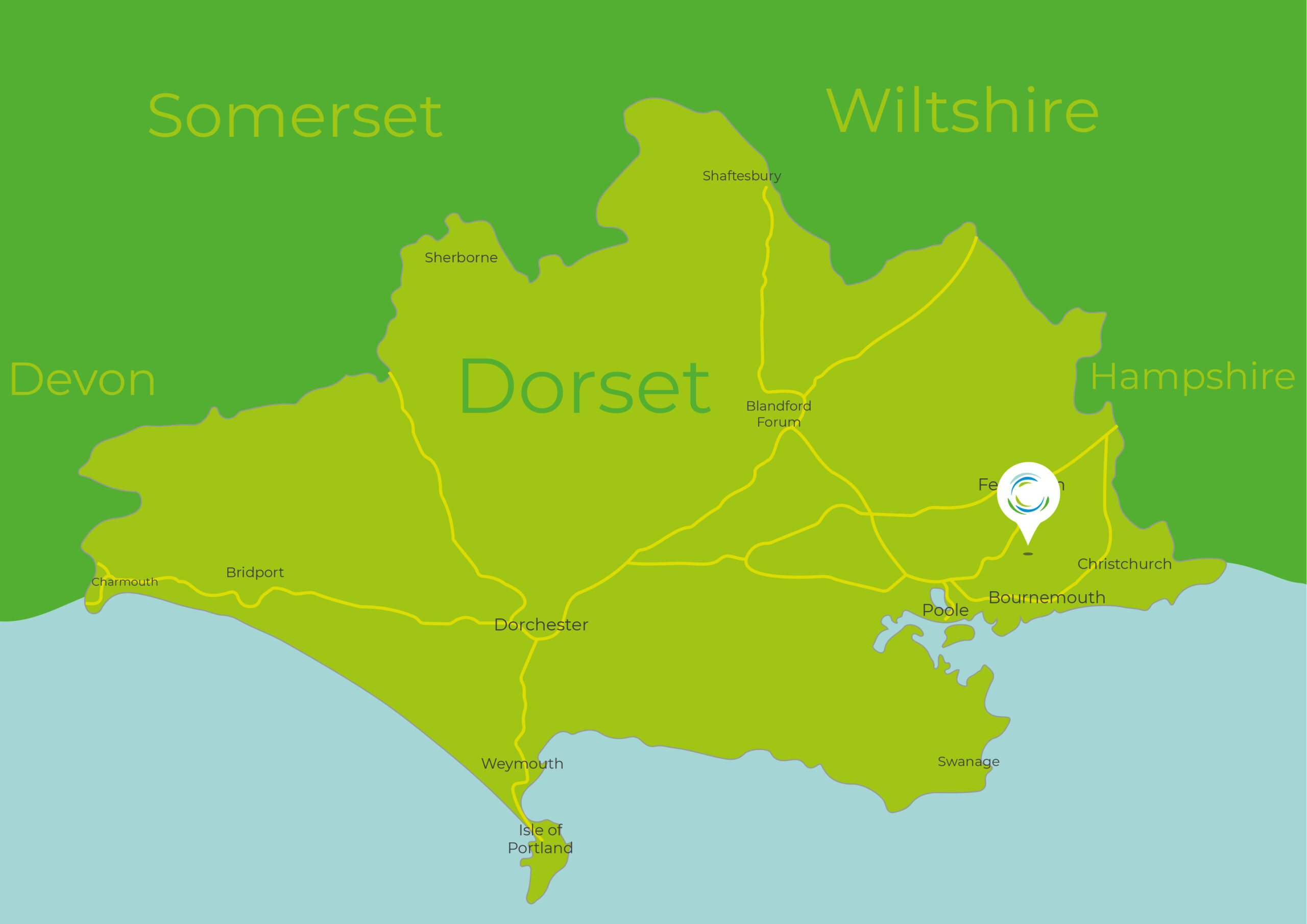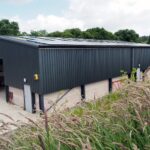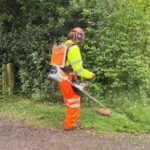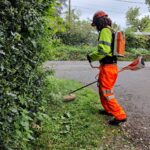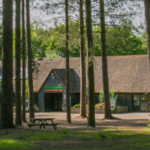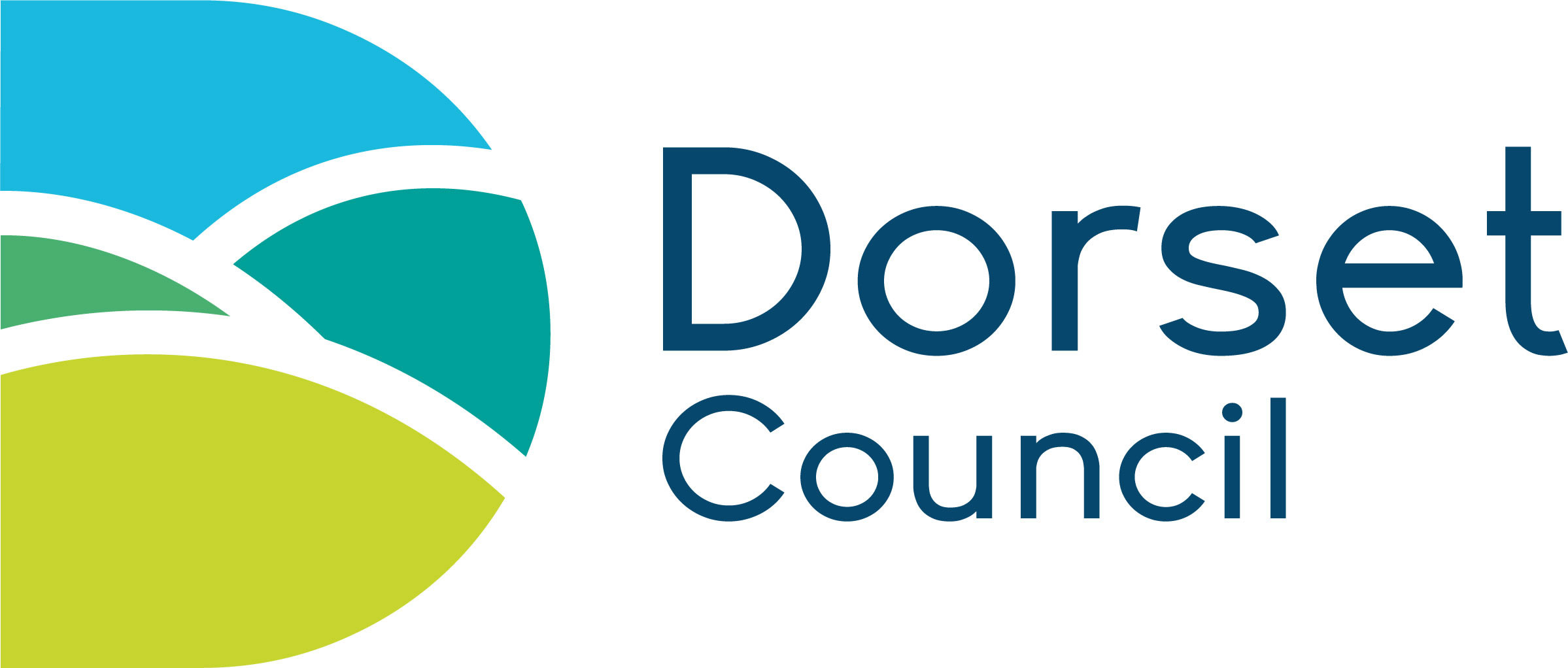In total, Dorset Council purchased 432 battery powered hand tools including hedge trimmers, blowers, pole pruners, strimmers and chainsaws (with attachments, batteries and charging systems) at a cost of £115,500, and a 54 kWp solar PV system at a cost of £34,500. Low Carbon Dorset was able to provide a grant to fund 40% of the project bringing the amount the council had to invest down to £90,000.
** The financial savings made from this project will depend on several factors including where the energy is sourced to charge the tools and the cost of the petrol they will be replacing. If the Greenspace team can charge their new tools using only the energy they generate from their solar panels, it can be assumed, if using the current average price of petrol (£1.61 per litre), that this project will pay for itself in as little as eight and a half years – saving the council on average £10,700 a year in fuel costs.


